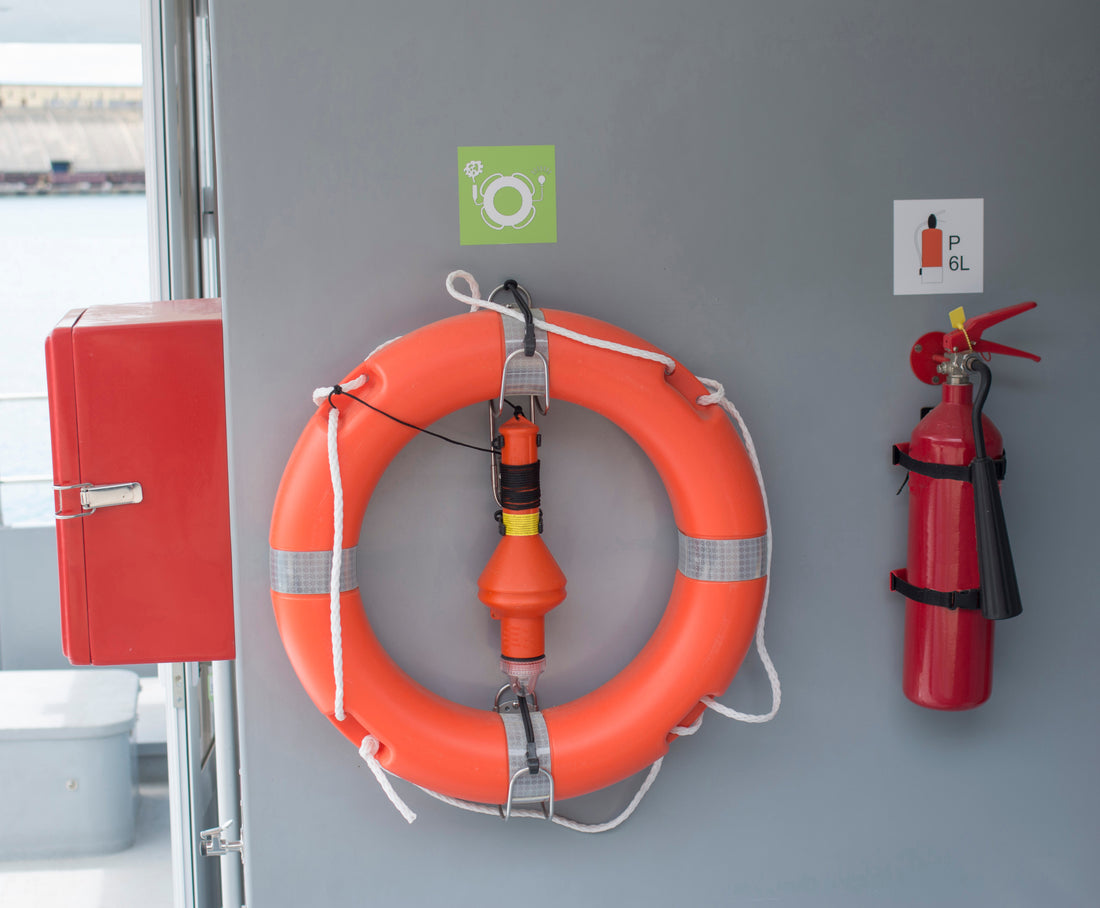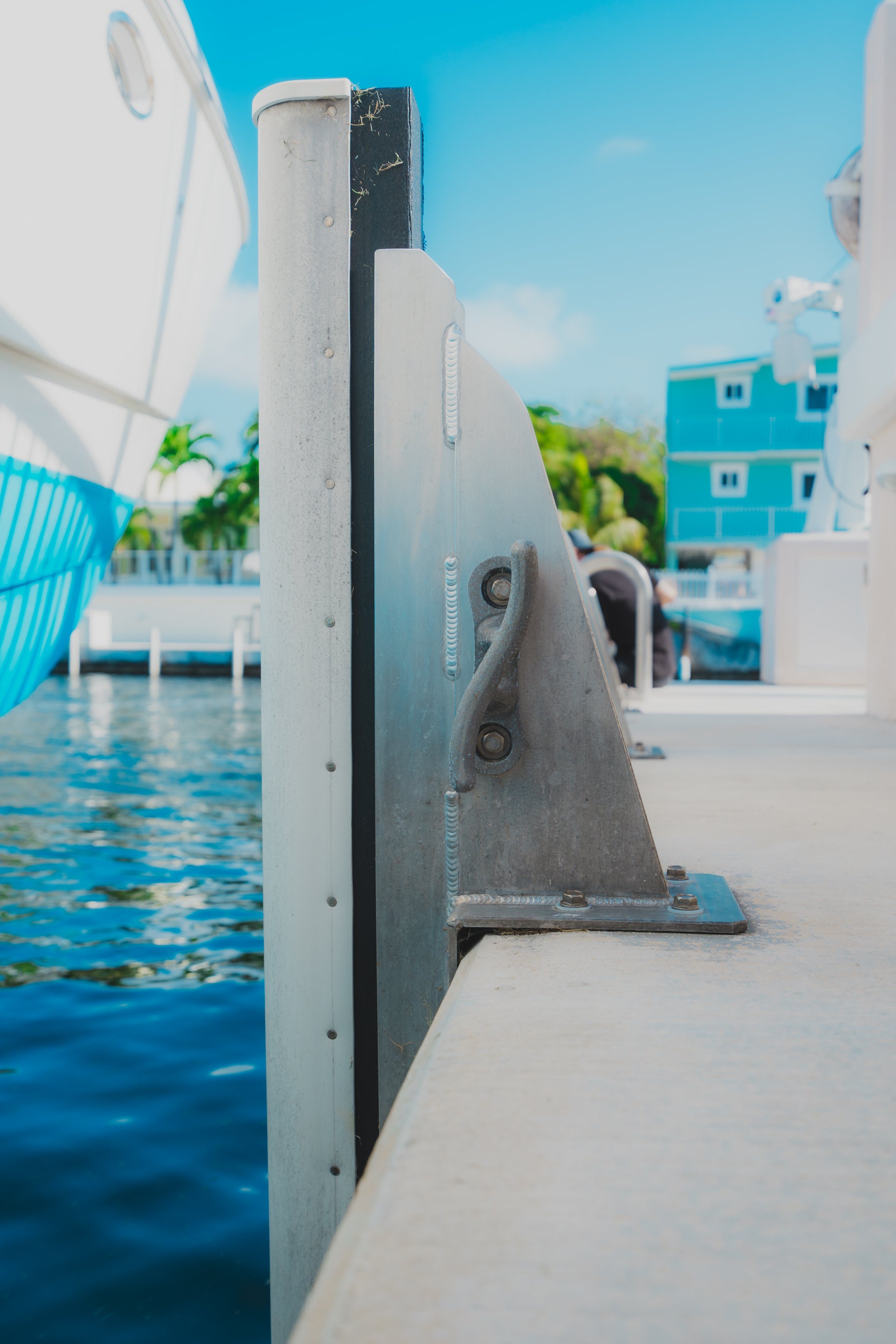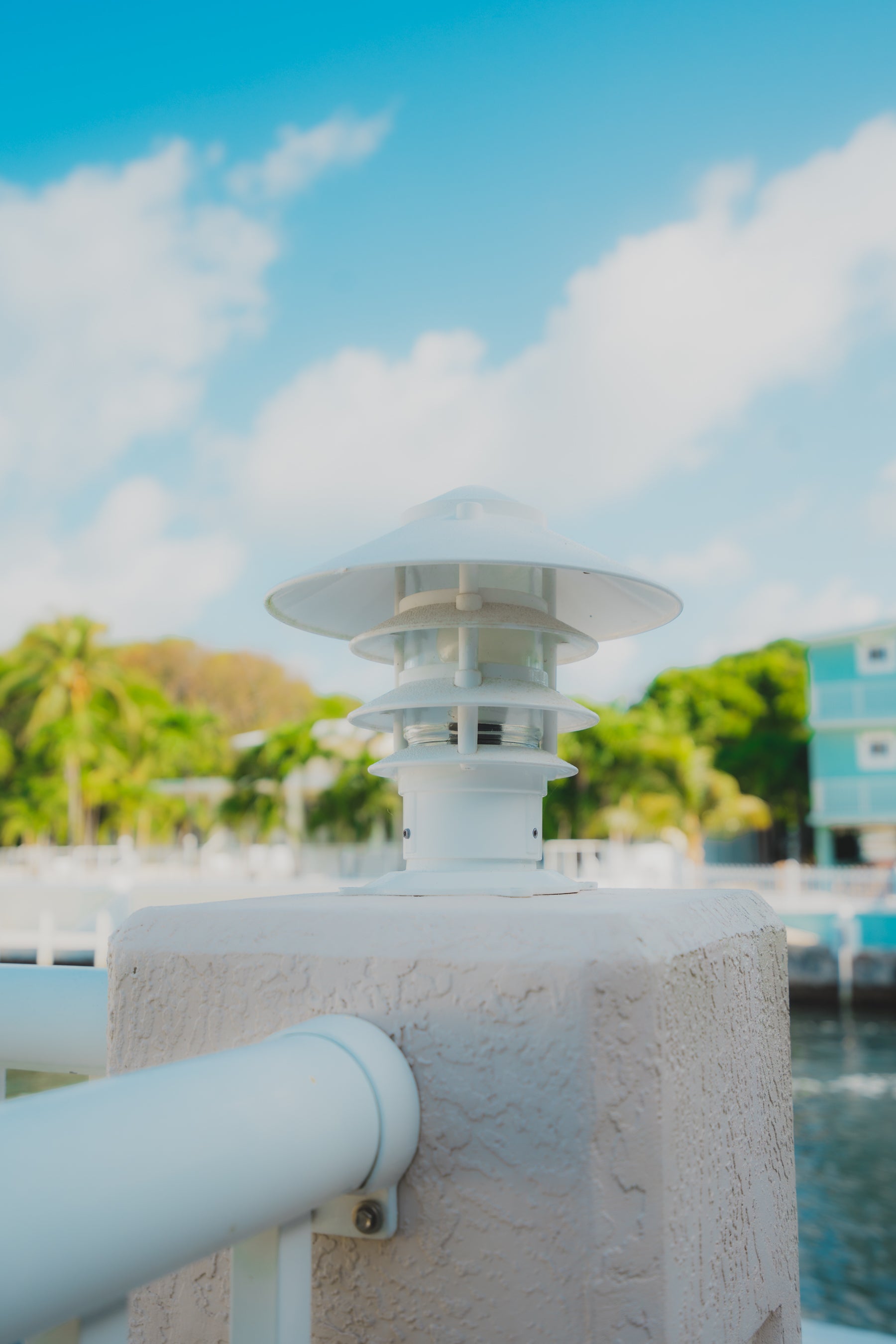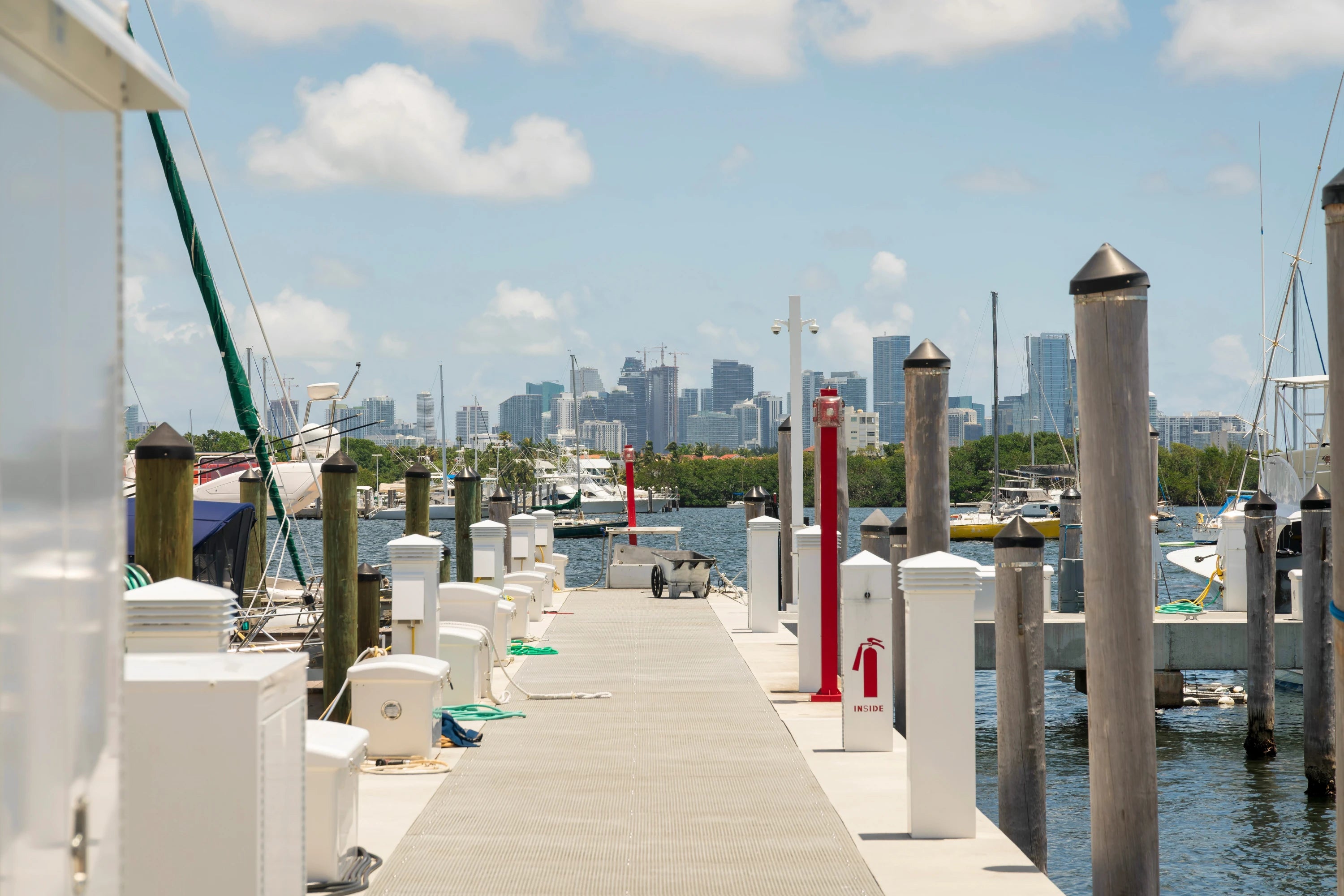
Where to Store a Fire Extinguisher on a Boat
Share
Your goal on a boat is some well-deserved rest and relaxation to get away from the world and enjoy the water. Whether at sea or cruising on a lake, you may find yourself in situations where you’re too far away to get help when something goes wrong.
A fire extinguisher is one of the essential pieces of safety equipment that help you do that. But it won’t help much if you can’t get to it in time, and in a small, contained area with no one else around, time is of the essence when an emergency arises.
What’s the best place to store a fire extinguisher on a boat?
Keep your fire extinguisher mounted in an easily accessible location. Store it away from spots where fires may suddenly break out, such as your engine or fuel containers. Some high-traffic areas to keep a fire extinguisher are the cabin, kitchen, or bilge.
If you store your fire extinguisher in rooms with flammable materials, the ideal spot to put it is next to the door. This gives your fire extinguisher enough space away from flammable objects and makes it easily accessible to people putting the fire out.
What about finding the right one? Let’s explore the types available on the market to see what makes the most sense.
Why Boats Need Fire Extinguishers
When it comes to boating accidents in the United States, fire incidents don’t make the top of the list. A 2020 report showed that boaters reported 5,265 boating accidents to the U.S. Coast Guard. Of those reports, 47 involved igniting something that caused a fire.
While that isn’t a large number, the fires that do happen on boats are serious business. You’re on a watercraft full of combustible materials and fire hazards. If you don’t take the proper precautions, you won’t be able to contain the fire and risk losing your boat, suffering from injuries, or worse - loss of life of yourself or your shipmates.
Are There Any Regulations For Fire Extinguisher Location On Boats?
Generally, there aren’t any regulations for a fire extinguisher’s location. Rules state that your fire extinguisher storage should be in an easily accessible location, and you can find those spots in most areas on a boat.
Getting the Right Fire Extinguisher
You can’t install just any portable fire extinguisher you want on your boat. As of April 2022, the United States Coast Guard (USCG) has new regulations that govern the fire extinguisher you must use.
For boat year models 2018 and newer, you’re required to carry only 5-B and 20-B rated fire extinguishers on your boat.
For models between the years 1953 and 2017, you have a couple of options:
- 5-B or 20-B extinguishers that aren’t expired
- B-I or B-II extinguishers that are in good condition
What is a Class B Fire Extinguisher?
A class B fire extinguisher is a barrel extinguisher. These extinguishers are suitable for extinguishing fires caused by flammable liquids and gasses.
Class B extinguishers contain ammonium phosphate, halogenated agents, and carbon dioxide as extinguishing agents. These substances are known to suppress fire caused by flammable substances.
Fire Extinguisher Storage and Maintenance
The USCG dictates where you should store a fire extinguisher on a boat. According to regulations, fire extinguishers must be stored on a wall bracket. You can use a simple mounting bracket or a well-built fire extinguisher cabinet.
There are also recommendations for the height of your fire extinguisher mounting bracket:
- Fire extinguishers less than 40 pounds should be no higher than 5 feet from the floor
- Fire extinguishers greater than 40 pounds should be no higher than 3.5 feet from the floor
Modern fire extinguishers are pressurized, so you don’t need to worry about the contents of an extinguisher settling in the bottom. You can store them either horizontally or upright. If you have an older extinguisher, avoid storing it horizontally to prevent material from clumping on the bottom.
For maintenance, experts recommend checking your extinguishers monthly. You can find maintenance instructions on your fire extinguisher’s label to learn how to handle this task.
Minimum Requirements
The USCG has several regulations regarding fire extinguisher requirements on boats. There are a set of conditions outlined that determine when your boat must have a boat fire extinguisher:
- You have closed engine compartments that carry fuel tanks
- Your boat has a double bottom not filled with flotation materials or sealed to the hull
- Your boat has closed compartments like living spaces
- Your boat has permanently installed gas tanks
- Your boat has an inboard engine
There are also rules regarding the number of fire extinguishers you must store on your boat:
- Vessels under 26 feet require at least one B-I extinguisher
- Vessels between 26 and 40 feet require two B-I extinguishers or a single B-II extinguisher
- Vessels between 40 and 65 feet require at least three B-I extinguishers or one B-I extinguisher and one B-II extinguisher
For boats longer than 65 feet, you should check federal regulations to see what’s required.
The age of a fire extinguisher is also important to the USCG. New regulations state that disposable fire extinguishers older than 12 years should be replaced.
You don’t want to ignore USCG regulations for safety, so be sure to check out a fire extinguisher FAQ to learn the answers to common questions.
How to Use Your Fire Extinguisher
Now that you know what your responsibilities are for keeping marine fire extinguishers on your boat, you need to understand how to use them. Follow the instructions below to learn how to use a fire extinguisher:
- Pull the extinguisher pin
- Aim the hose from a safe distance
- Squeeze the level to spray the extinguisher
- Sweep the hose from side to side until you extinguish the fire
With that, you now know where to store a fire extinguisher, which type of extinguisher to buy, and how to use your extinguisher in an emergency.
Are you ready to purchase a fire extinguisher for your boat, or do you have any additional questions about your purchase? Find a local dealer to speak with an expert who can help you find the right fire extinguisher for your needs.


